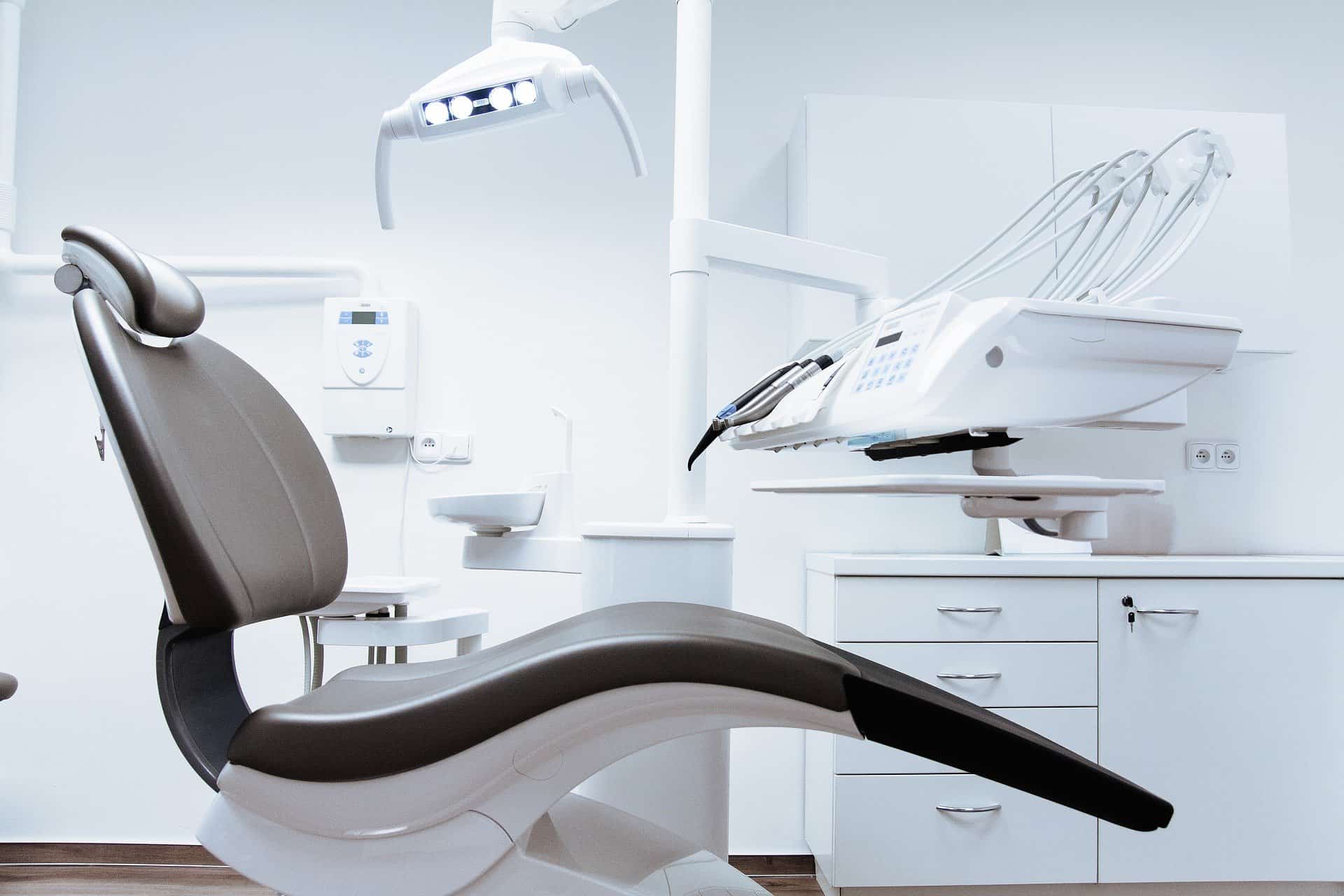What to Expect from Professional Pet Medical Care: Tips for Pet Owners

As a pet owner, you are your furry friend’s primary caregiver, ensuring their well-being, comfort, and health. One of the most important aspects of caring for your pet is seeking professional medical attention when necessary. Just like humans, pets require professional care to maintain good health and handle medical issues that may arise. Understanding what to expect from professional pet medical care can help you prepare for vet visits and make informed decisions regarding your pet’s health. In this article, we will guide you through the essentials of professional pet medical care and offer tips on how to ensure your pet medical the best possible treatment.
The Role of a Professional Veterinarian
A professional veterinarian is a trained expert in animal health who is responsible for diagnosing, treating, and preventing diseases in pets. They have extensive knowledge of pet anatomy, behavior, and medical conditions, which allows them to provide appropriate care for your pet. Veterinarians perform various duties, such as conducting wellness exams, administering vaccines, diagnosing illnesses, prescribing medications, and offering advice on pet nutrition and behavior.
Veterinary clinics and hospitals are staffed with professionals who work together to provide comprehensive medical services for pets. These facilities often include a team of veterinarians, technicians, and administrative staff, all working in unison to ensure that pets receive the highest level of care. It is essential to find a professional veterinarian who is not only skilled but also compassionate, as this will help build trust and create a positive experience for both you and your pet.
Preparing for Your Pet’s Visit to the Vet
One of the key aspects of making the most out of your pet’s medical care is being well-prepared for each vet visit. Whether it is a routine wellness check or an emergency situation, proper preparation can help make the experience smoother and more efficient for everyone involved. Before heading to the veterinary clinic, make sure to gather relevant medical information about your pet, such as previous health records, vaccination history, and any medications they are currently taking.
It is also important to make a list of any concerns or observations you have regarding your pet’s health. For example, if your pet is showing unusual behavior, such as lethargy, excessive scratching, or a change in eating habits, be sure to note these symptoms. This information will help the veterinarian make an accurate diagnosis and provide the best treatment options. Additionally, bring your pet’s carrier or leash to ensure they remain secure and comfortable during the visit.
The Importance of Wellness Exams and Preventive Care
Wellness exams are the cornerstone of professional pet medical care, providing an opportunity for veterinarians to assess your pet’s overall health and detect potential issues before they become serious. During a wellness exam, the veterinarian will perform a thorough physical examination, checking your pet’s coat, teeth, eyes, ears, and skin for any signs of health problems. They may also listen to your pet’s heart and lungs, check for swelling or abnormalities, and perform lab tests to assess organ function.
Preventive care goes hand in hand with wellness exams and is essential for maintaining your pet’s long-term health. This includes vaccinations, parasite control, and regular screenings for conditions like heart disease, diabetes, and kidney problems. Vaccinations are vital for protecting pets from infectious diseases such as rabies, distemper, and parvovirus, while parasite preventatives help guard against fleas, ticks, and heartworms. Your veterinarian will recommend a customized preventive care plan based on your pet’s age, breed, and lifestyle.
Understanding Diagnostics and Treatment Options
Professional pet medical care involves not only physical examinations but also advanced diagnostics to identify underlying health conditions. If your pet is showing symptoms of illness or discomfort, your veterinarian may recommend diagnostic tests to gather more information. These tests can include blood work, urinalysis, x-rays, ultrasound, or even biopsies, depending on the nature of the concern.
Once a diagnosis is made, your veterinarian will discuss available treatment options with you. This may include medications, dietary changes, surgery, or other interventions based on the severity of the condition. For example, if your pet is diagnosed with an infection, antibiotics may be prescribed to treat the illness. In some cases, surgery may be necessary to correct issues such as tumors, fractures, or digestive obstructions. A professional veterinarian will explain the pros and cons of each treatment option, allowing you to make an informed decision about your pet’s care.
Managing Chronic Conditions and Ongoing Treatment
Some pets develop chronic health conditions that require ongoing medical management. Conditions such as arthritis, diabetes, and kidney disease can significantly affect your pet’s quality of life but can often be managed effectively with proper treatment. A professional veterinarian will work with you to develop a comprehensive care plan to manage your pet’s condition, ensuring they remain as comfortable as possible.
For chronic conditions, regular check-ups may be necessary to monitor progress and adjust treatment as needed. For example, pets with diabetes may need insulin injections and regular blood sugar monitoring, while pets with arthritis may benefit from joint supplements and pain management medications. The key to managing chronic conditions is working closely with your veterinarian to monitor your pet’s progress and adapt treatments as necessary.
Emergency Care: How Veterinary Clinics Handle Urgent Situations
Emergencies can happen at any time, and knowing what to expect from emergency veterinary care can help you respond quickly and effectively in a crisis. Professional veterinary clinics are equipped to handle a variety of emergencies, from accidents and injuries to sudden illnesses. Whether your pet has been hit by a car, ingested something toxic, or is experiencing difficulty breathing, your veterinarian will have the expertise and tools to provide immediate care.
Most veterinary clinics have emergency services available during regular hours, and many offer after-hours care or work with 24-hour emergency animal hospitals to ensure that pets receive the necessary care at any time of day or night. If you find yourself in an emergency situation, it is important to stay calm, provide relevant details to the veterinarian, and follow any instructions they give. The quicker you seek professional help, the better the chances of a positive outcome for your pet.
Communication with Your Veterinarian: Building a Strong Relationship
Effective communication with your veterinarian is essential for providing the best care for your pet. A good veterinarian will take the time to listen to your concerns, answer your questions, and explain your pet’s medical needs in clear, understandable terms. It’s important to be open about any changes in your pet’s behavior, diet, or health so that your veterinarian can offer appropriate advice and treatment.
Building a strong relationship with your veterinarian fosters trust and ensures that your pet receives consistent, personalized care. If your pet is experiencing any behavioral or medical issues, don’t hesitate to reach out to your veterinarian for guidance. The more you communicate with your pet’s medical team, the better equipped they will be to provide the right care at the right time.
The Role of Pet Insurance in Managing Veterinary Costs
Veterinary care can sometimes be expensive, especially if your pet requires surgery, specialized treatments, or emergency services. Pet insurance can be a valuable tool in managing these costs and ensuring that your pet receives the best care without financial stress. Many insurance plans cover a wide range of medical services, including wellness exams, diagnostic tests, surgeries, and medications.
When choosing a pet insurance plan, consider the level of coverage, the cost of premiums, and any exclusions or limitations. Some plans offer more comprehensive coverage for accidents and illnesses, while others focus primarily on routine care. Pet insurance can provide peace of mind, knowing that you can provide your pet with necessary treatments without worrying about the financial burden.
Conclusion
Professional pet medical care is essential for keeping your pet healthy, comfortable, and happy throughout their life. By understanding what to expect from veterinary visits, wellness exams, diagnostic testing, and treatment options, you can ensure that your pet receives the best possible care. Regular check-ups, preventive measures, effective communication with your veterinarian, and proper management of chronic conditions all contribute to your pet’s long-term well-being.
Being prepared for emergencies, seeking appropriate care when necessary, and considering pet insurance can further support your efforts in maintaining your pet’s health. Ultimately, your pet’s well-being is a partnership between you and your veterinarian, built on trust, knowledge, and mutual care. By prioritizing professional medical care, you can ensure that your pet lives a long, healthy, and fulfilling life.
